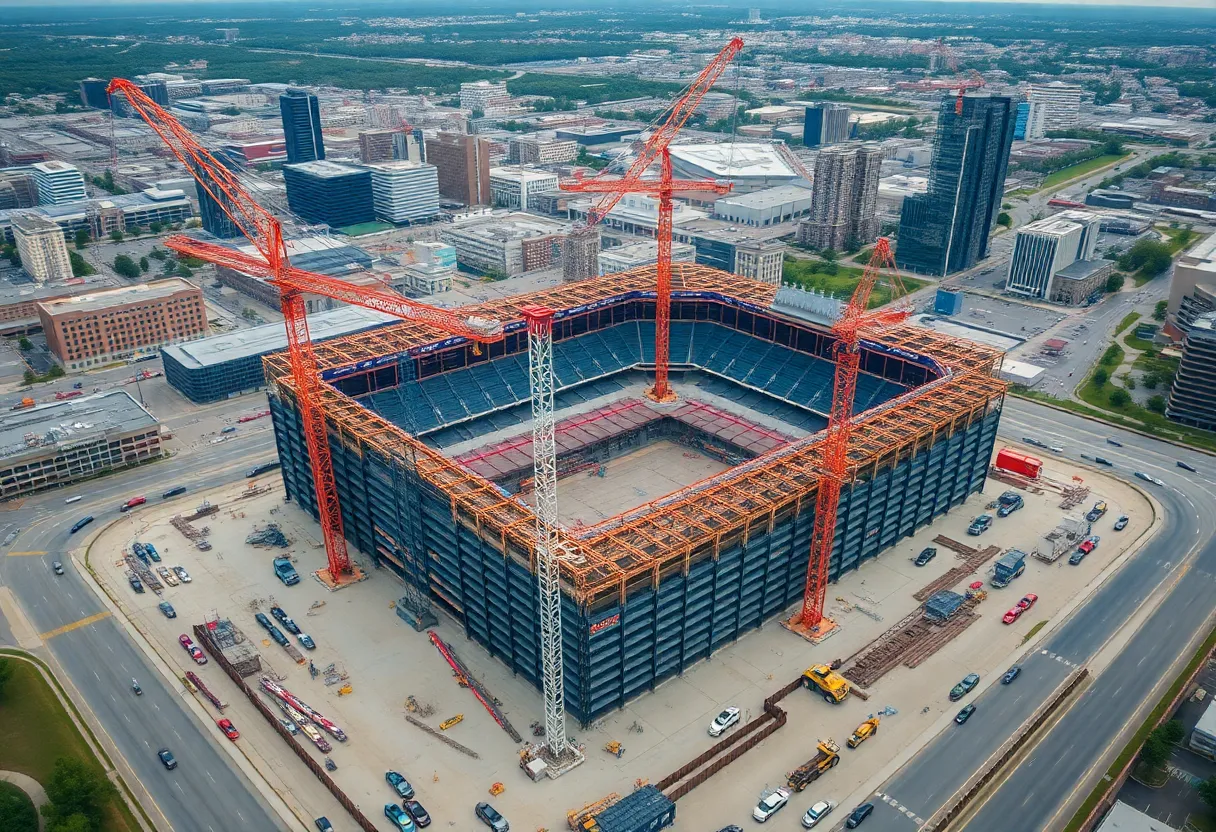Knoxville Sees Changes in Local Governance and Community Involvement
Knoxville’s city council is currently in the midst of a significant debate regarding how its members should be elected. Recently, the council has been discussing a proposal that could change the way council representatives are chosen. This debate reflects broader concerns about representation and community involvement in local governance.
Council Election Proposal Sparks Controversy
At the heart of the matter is a proposal from some council members to move from a district-based election system to a regional system. Currently, each council member represents a specific district, allowing local residents to elect someone to voice their concerns and needs. The proposed change would allow representatives to be elected from broader “regions” while still maintaining the ability of all city residents to vote, turning the city council elections into a more at-large approach.
This change has raised concerns among many residents and community leaders, as critics argue it could dilute representation from specific neighborhoods, particularly minority communities. For instance, this change could help candidates who do not necessarily have the support of their own district. Incidents like these have led to calls for broader reforms in how local elections are conducted to ensure that all communities have a voice.
The Importance of Local Representation
Supporters of maintaining a district-based system emphasize that local representation is crucial for addressing the unique concerns of different communities within Knoxville. City Council members who represent specific districts can be more in tune with the needs and aspirations of the residents they represent. On the other hand, a regional approach could lead to candidates focusing on city-wide issues rather than localized concerns, making it essential for all council members to stay grounded in their communities.
Many observers argue that this proposed change might lead to a city council that lacks diversity and inclusiveness, which are vital components of a healthy democratic process. The perspective that leaders should truly represent their constituents has sparked lively discussions within local neighborhoods.
Community Engagement and Donations
Aside from council discussions, Knoxville has seen important initiatives aimed at benefiting the local community. Recently, the Knoxville Track and Field Club and Covenant Health Knoxville Marathon presented a generous donation of $15,000 to various community partners. This substantial contribution is aimed at enhancing community programs and providing support where it is most needed. Such gestures of goodwill highlight the importance of community involvement and the difference it can make in the lives of many residents.
Community partners that benefit from this donation include organizations dedicated to promoting health, wellness, and sportsmanship among local youth. The partnership between local organizations shows a commitment to building a healthier, more vibrant Knoxville community.
Celebrating Local Achievements
In addition to these community efforts, local leaders have also been recognized for their contributions. Dr. Fred Hurst has been named “Statesman of the Year” for Tennessee’s Second Congressional District by Congressman Tim Burchett. This prestigious recognition honors Dr. Hurst for his extensive work and commitment to serving the Knoxville area, cementing his status as a well-respected figure in the community.
As a warm and caring member of the Knoxville community, Dr. Hurst’s achievements serve as motivation for others to engage in community service and foster a spirit of cooperation among residents.
Conclusion
Knoxville is currently facing an essential moment in its governance, with discussions on the electoral process taking center stage. As the city decides how best to represent its diverse communities, the importance of local representation, community involvement, and recognizing the contributions of individuals in the Knoxville area cannot be overstated. The next steps taken in these discussions will ultimately shape the future of local governance and the sense of community within the city.







